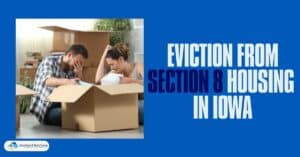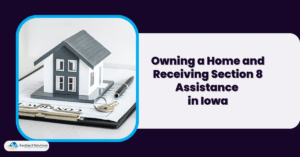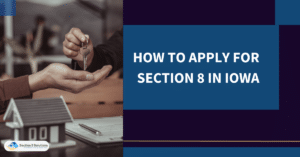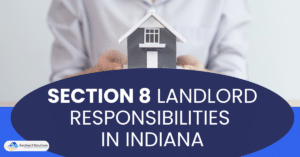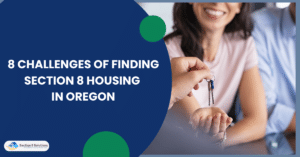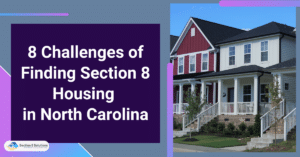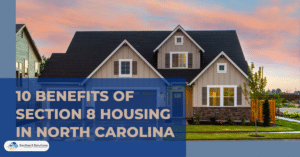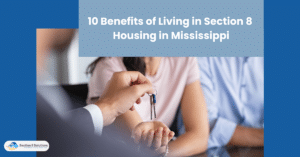Virginia’s Old Dominion State offers Section 8 rental assistance for low-income families, seniors, and individuals with disabilities to help cover the cost of housing in the private market. Applicants must meet eligibility requirements to qualify for this valuable program.
In this blog, we will explore the Section 8 Assistance program, its eligibility requirements, and the benefits it provides to those who qualify. We’ll also explain how this program might help low-income families, the elderly, and people with disabilities find affordable homes.
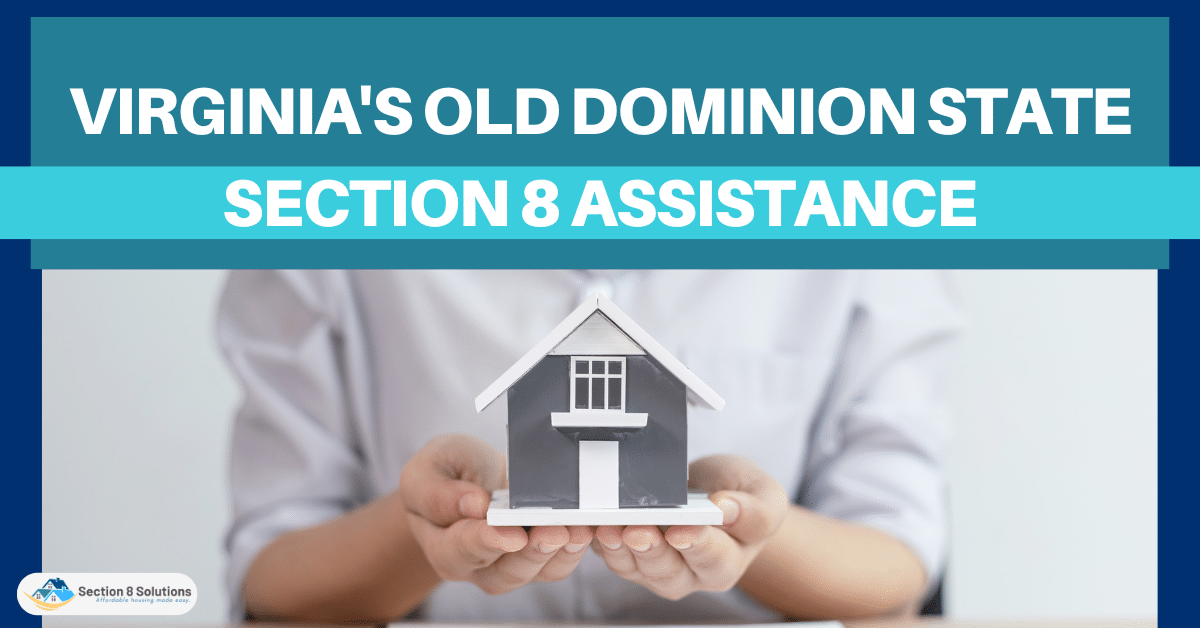
Eligibility Requirements
Virginia’s Old Dominion State Section 8 Assistance program has eligibility restrictions for rental assistance. Income, citizenship, and other variables determine eligibility. In this section, we will examine these prerequisites and the exceptions that may allow some applicants to qualify for the program even if they do not match all the qualifying criteria.
1. Income Requirements and How They Are Determined
Old Dominion State Section 8 Help eligibility depends on income. The program assists low-income households based on their area median income (AMI). HUD calculates the AMI annually using the applicant’s area’s median income.
The Section 8 Assistance program typically targets households that earn no more than 50% of the AMI, although some programs may have different income limits. For example, some programs may target households that earn no more than 30% of the AMI, while others may target households that earn up to 80% of the AMI. The income limits may vary depending on the area’s cost of living and other factors.
Section 8 Help eligibility depends on more than income. Citizenship and family composition also affect eligibility. Meeting income standards does not guarantee rental help. The program receives more applications than it can support, so eligible applicants wait until funding is available.
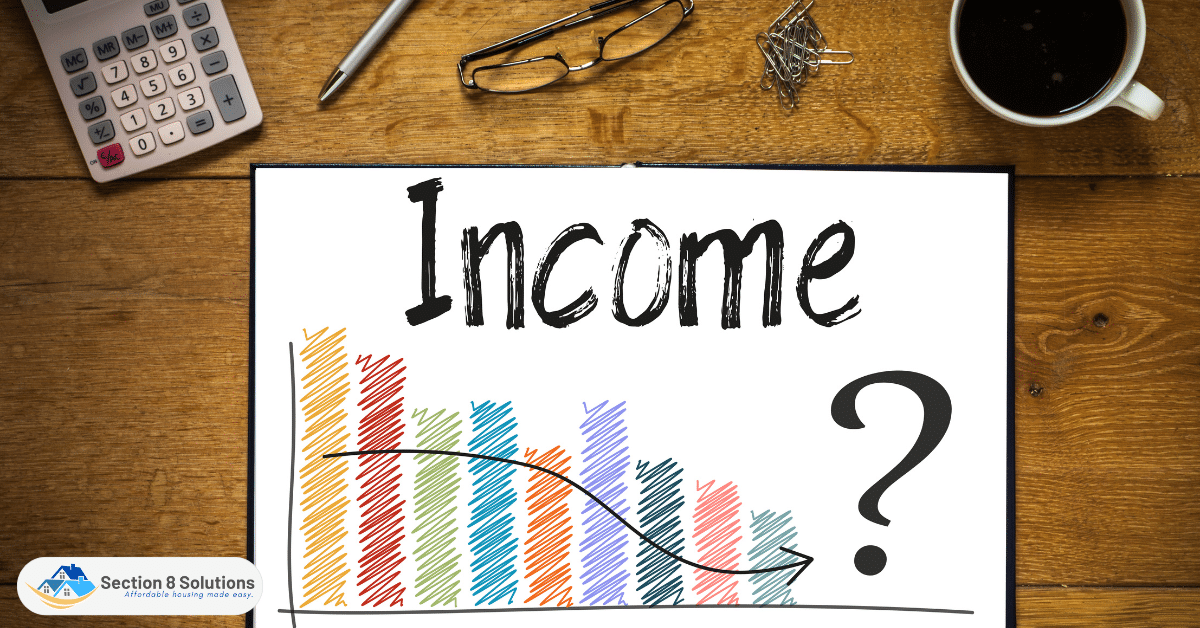
2. Citizenship Status and Other Eligibility Requirements
In addition to income requirements, Virginia’s Old Dominion State Section 8 Assistance program has other eligibility requirements that applicants must meet. One of these requirements is citizenship status. Applicants must be U.S. citizens or have eligible immigration status to receive rental assistance from the program.
Eligibility for the program is also based on family composition. Applicants must meet the definition of a family, as defined by the program. The definition of a family may include individuals with disabilities, elderly individuals, and families with children. The program aims to help those who need rental assistance the most, and these groups are often most vulnerable to housing instability and homelessness.
Other eligibility requirements may also apply, such as criminal background checks and prior rental history. Applicants with a history of drug-related or violent criminal activity may not be eligible for the program. Additionally, applicants with a history of eviction or lease violations may not be eligible for rental assistance.
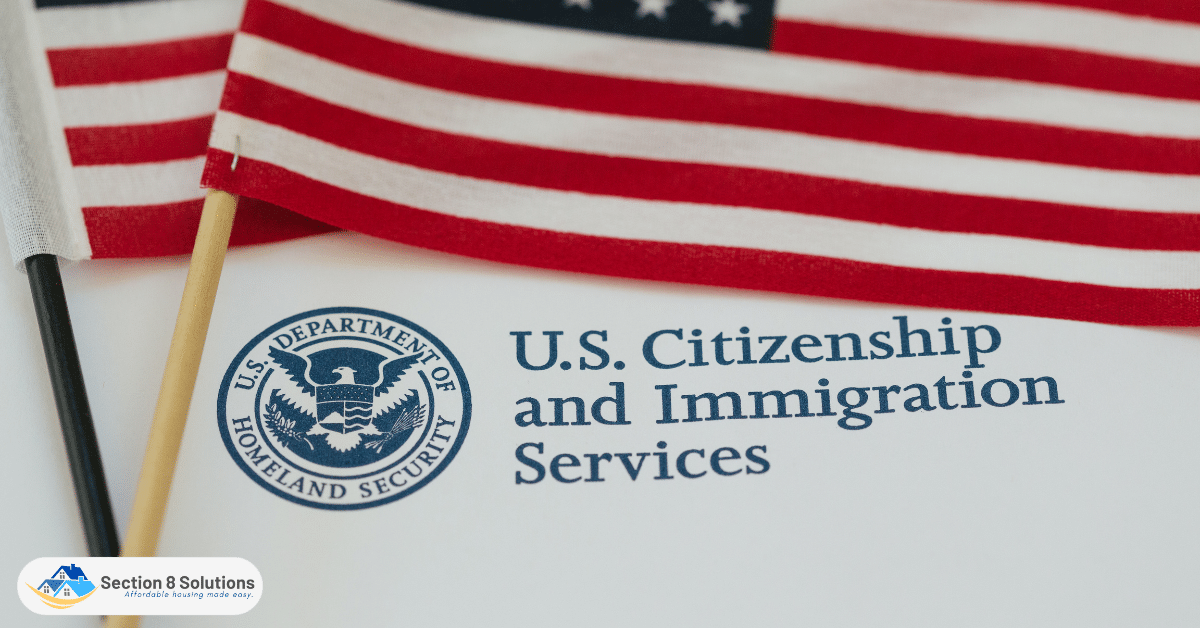
3. Exceptions to Eligibility Requirements
There are exceptions to Virginia’s Old Dominion State Section 8 Assistance program’s qualifying standards, allowing some applicants to receive rental assistance. These exceptions allow the most in need of housing assistance to get it, even if they do not meet all eligibility conditions.
One exception is for applicants who are homeless or at risk of becoming homeless. These individuals may be eligible for rental assistance even if they do not meet the income or family composition requirements of the program. Similarly, individuals who are living in substandard housing, such as homes with severe health and safety hazards, may also be eligible for rental assistance.
Housing costs that exceed 50% of income are another exemption. Rent burdens can prevent low-income families and individuals from finding stable housing. Even if they don’t meet income or family composition requirements, applicants who spend more than 50% of their income on housing may qualify for rental assistance.
These exceptions are not automatic and applicants must still apply for rental assistance. These exceptions may differ for each Virginia Section 8 Help program. Check the program’s eligibility conditions and exceptions before applying.
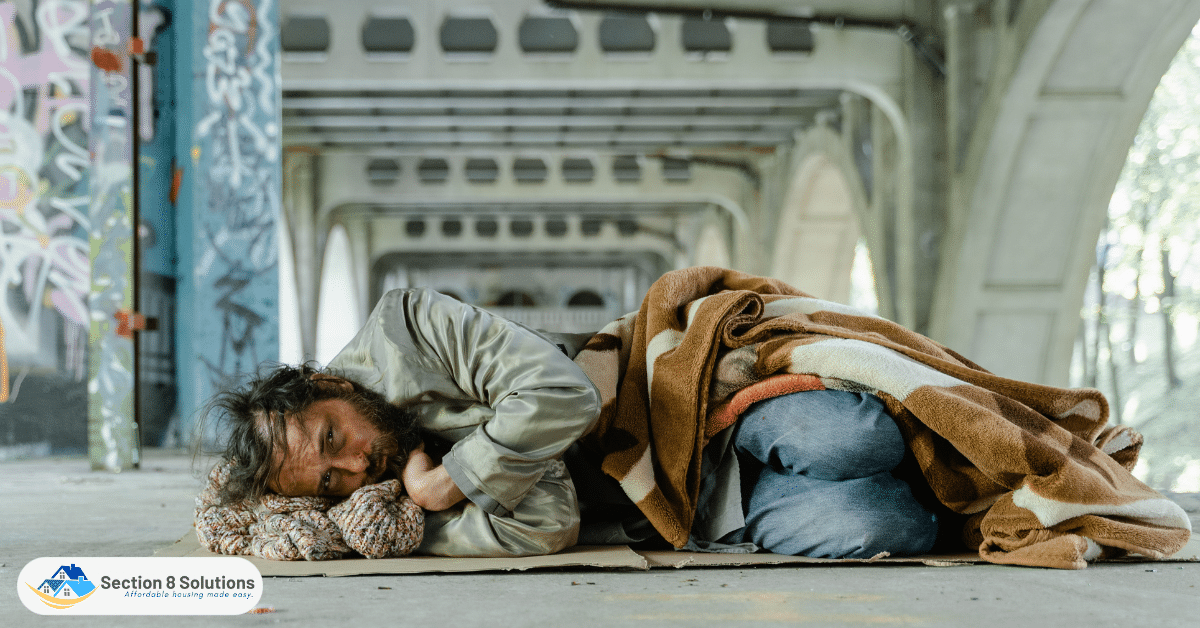
How to Apply for Section 8 Assistance
Applying for Virginia’s Old Dominion State Section 8 Assistance program can seem overwhelming, but the process is straightforward. The following are the steps applicants must follow to apply for rental assistance:
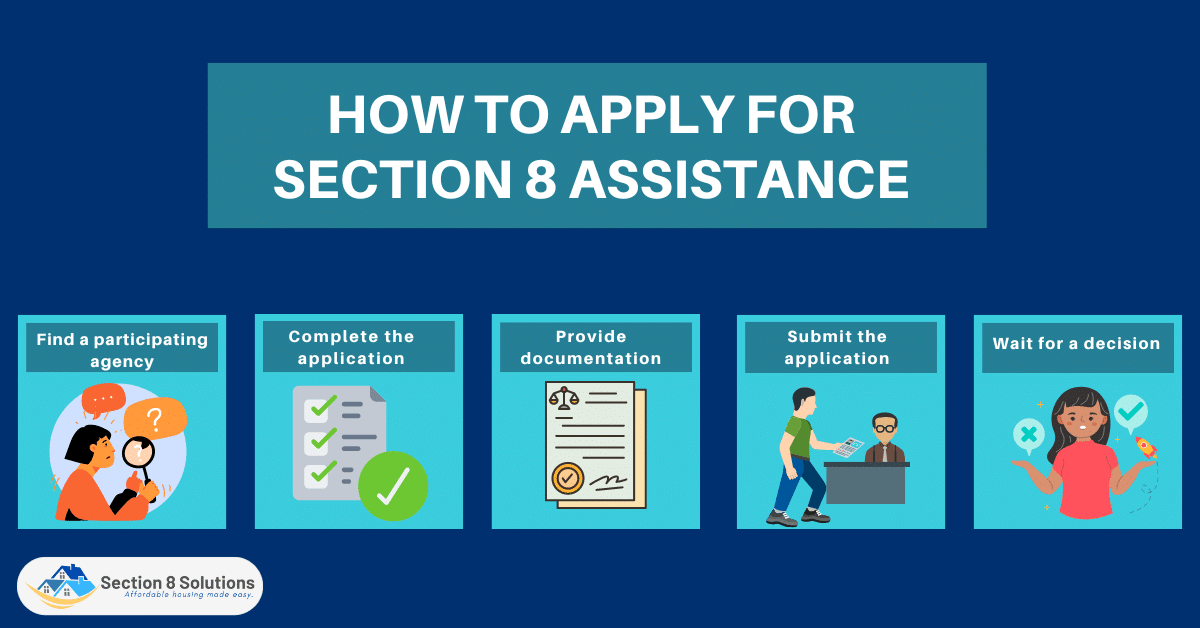
- Find a participating agency: The first step is to find a participating agency that administers the Section 8 Assistance program in your area. The Virginia Housing Development Authority (VHDA) maintains a list of participating agencies on its website.
- Complete the application: Once you have found a participating agency, you will need to complete the Section 8 Assistance application. The application will ask for basic information about your household, including income, family composition, and citizenship status.
- Provide documentation: Applicants will need to provide documentation to support the information provided in their application. This may include proof of income, citizenship status, and family composition. It’s essential to gather all required documentation before submitting your application.
- Submit the application: Once you have completed the application and gathered all required documentation, you can submit your application to the participating agency. The agency will review your application to determine if you meet the eligibility requirements for the program.
- Wait for a decision: The agency will notify you of their decision on your application. If you are eligible for the program, you will be placed on a waiting list until rental assistance becomes available.
It’s important to note that the Section 8 Assistance application process may vary slightly depending on the participating agency in your area. Some agencies may have additional steps or requirements, so it’s essential to check with the agency you are applying to for specific information.
Benefits of Section 8 Assistance
Virginia’s Old Dominion State Section 8 Assistance program offers a range of benefits to eligible households, including access to affordable housing, private market options, and the potential for better living conditions. Let’s take a closer look at each of these benefits.
1. Affordable Housing Options
Affordable housing is a crucial factor in ensuring that low-income households have access to safe and stable housing. Virginia’s Old Dominion State Section 8 Assistance program provides eligible households with access to affordable housing options by offering rental subsidies to tenants on behalf of their landlords.
The rental subsidies offered by the program are based on household income and the size of the rental unit. The tenant pays the rest of the rent, but the program pays a portion to the landlord. This assures qualified people may afford safe and affordable homes without spending more than 30% of their income.
The local Fair Market Rent (FMR) determines the rental subsidy. A local reasonably priced rental apartment costs the FMR. The subsidy is the difference between the FMR and the tenant’s rent, usually 30% of their adjusted income.
The program also helps to ensure that participating rental units meet certain health and safety standards before they can participate in the program. This ensures that eligible households are able to access safe and decent housing, regardless of their income level.

2. Private Market Options
Virginia’s Old Dominion State Section 8 Help program emphasizes private market solutions. Eligible households receive rental subsidies for private market rentals. If the landlord participates, eligible households can pick where to live.
Eligible households benefit from private market possibilities. First, it gives them more housing options. Private market housing lets tenants pick the location, size, and amenities of their rented property, unlike public housing. This can assist residents to find accommodation near employment, education, or other essentials.
Second, private market options can give tenants more security. Tenants can reside in private market housing instead than government-owned public housing. Tenants have the same rights, obligations, and legal protections as other tenants.
To access private market options, eligible households must find landlords who are willing to participate in the Section 8 Assistance program. The program offers incentives to landlords, such as guaranteed rent payments and assistance with tenant screening, which can help attract landlords to participate in the program.

3. Potential for Better Living Conditions
Virginia’s Old Dominion State Section 8 Help program helps eligible households find affordable housing and improve their living conditions. Before participating, rental units must meet health and safety criteria. For their physical and emotional well-being, residents may expect safe and healthy housing.
Furthermore, participating landlords are required to maintain the rental units to ensure that they remain in good condition. This ensures that tenants have access to well-maintained and functional housing that meets their basic needs. By providing eligible households with access to affordable and safe housing, Section 8 Assistance can help improve their quality of life and overall well-being.
The program also assists qualified households to address other concerns that may affect their living situations. Eligible households receive financial counseling, job training, and education. These services can help families improve their financial stability and earning potential, which can lead to better housing possibilities.

Conclusion
The Section 8 Assistance program in Virginia provides eligible households with access to affordable housing options and helps them improve their living conditions. The program has income and eligibility requirements that must be met, but there are exceptions and options available for those who may not meet all the standard criteria.
It’s important for low-income families, seniors, and individuals with disabilities to know that affordable housing is available to them through this program. If you think you may qualify, we encourage you to apply. Additionally, there are additional resources for affordable housing in Virginia that you may find helpful in your search.


